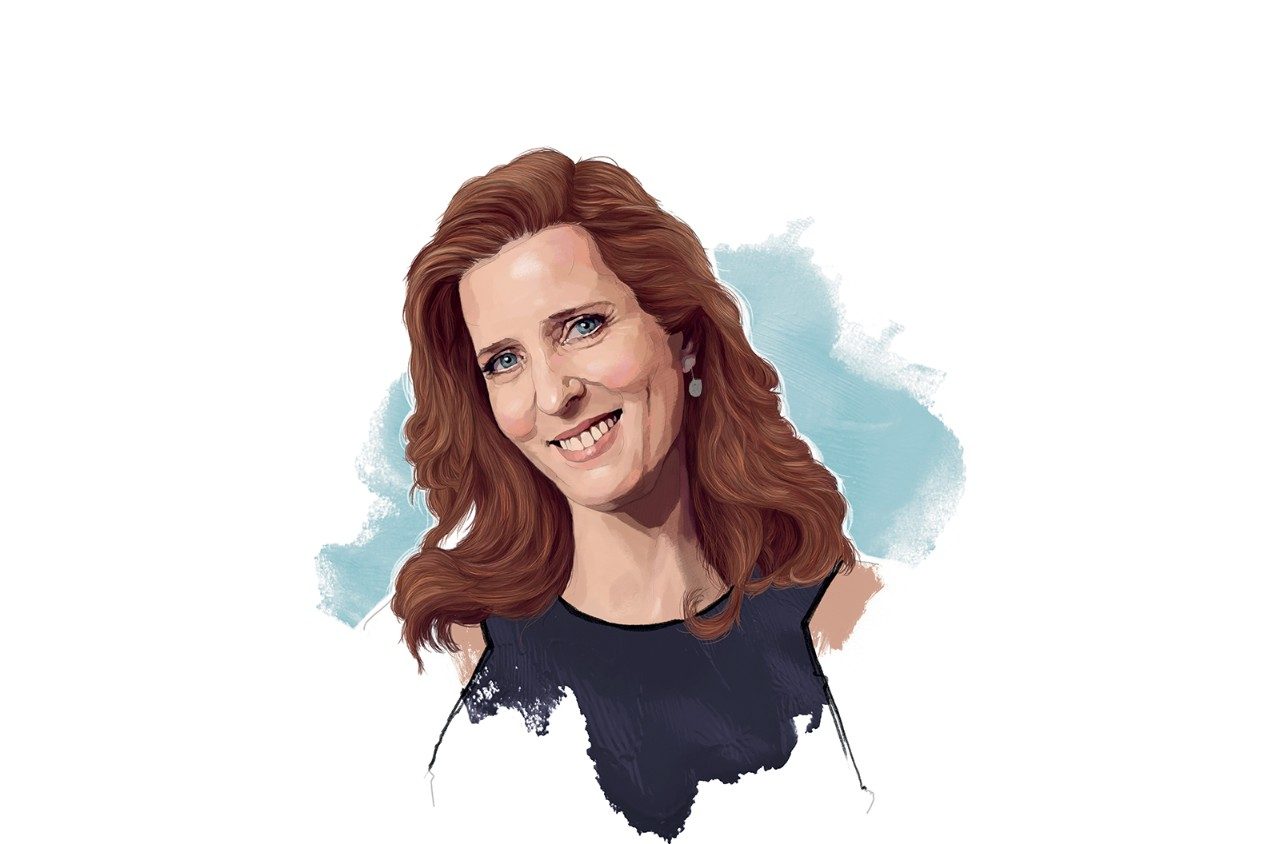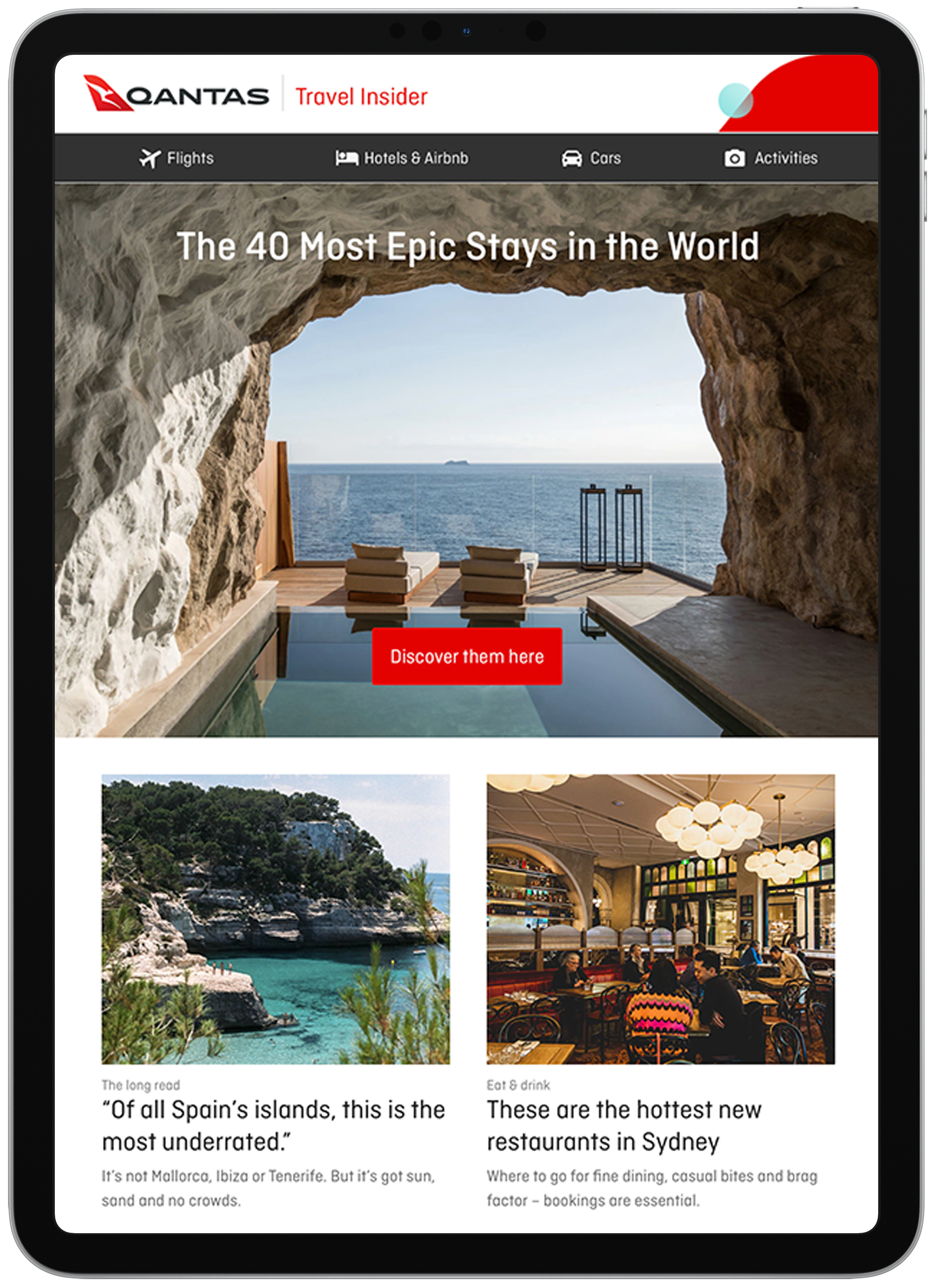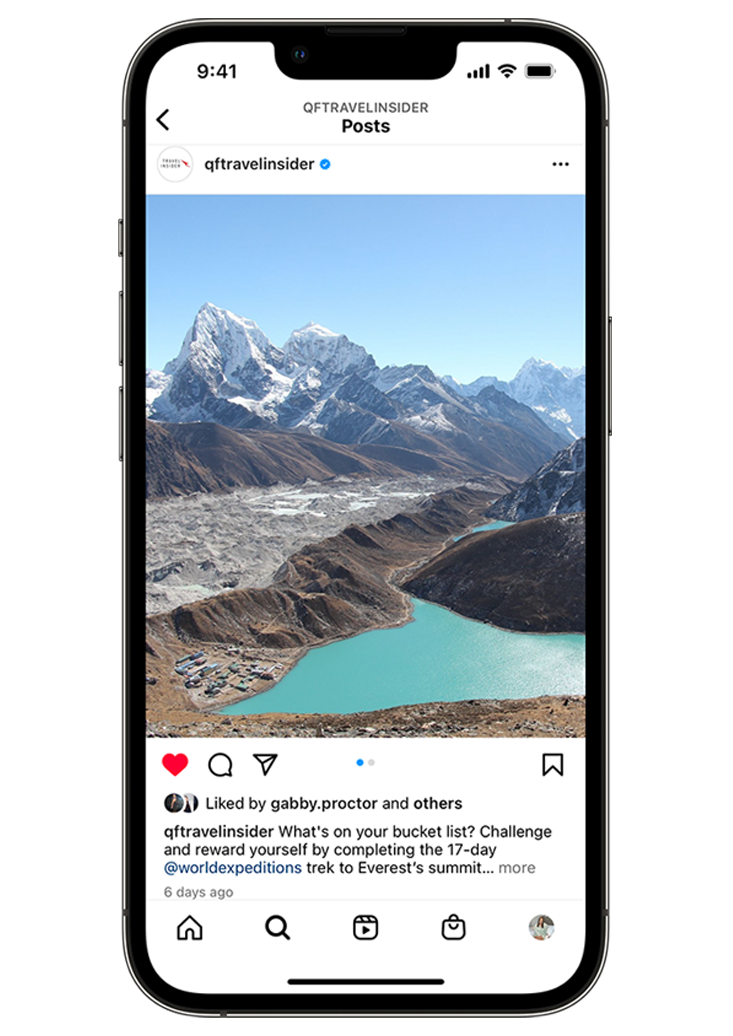Mecca Founder Jo Horgan on Why Businesses Have to “Adapt or Die”

The founder of beauty retailer Mecca isn’t afraid of failure, welcomes feedback and says you have to “adapt or die”.
Current role: Co-CEO, Mecca
Tenure: 28 years
Previous roles: Graduate brand manager, senior brand manager and group product manager, L’Oréal Australia & New Zealand
How do you define good leadership?
In our offices, every room has a massive quote in it for one and all to see and share and be curious about. One is by Jim Collins [the author of Good to Great], who is my oracle and a leading light in business. “The X factor of a great leader is humility combined with will.” That’s something I aspire to as opposed to achieve [laughs]. I feel like I’m continually learning. And then continually unlearning. And then having to learn again. Our obsession is hiring phenomenal people. And then getting out of their way and really learning alongside them, learning from them and learning by the feedback that we get from them.
So many leaders end up surrounded by "yes" people. How do you guard against that?
Things as simple as standing up in Monday morning meetings, sharing your mistakes and talking about them as a costly education moment. It’s as formulaic as doing really strong post-implementation reviews, being open and facts-based and sharing the idea of “we learn together... curiosity is queen”. We’re also working with a consulting group and instead of doing 360-degree feedback, theirs is a form of feedback that focuses on the impact that you have on others and therefore the impact they have on their teams. It makes it a very different conversation. You have to really welcome feedback to understand your impact.
You opened the first Mecca store in 1997 when you were 29 years old. How do you think your leadership has changed since then?
Another quote is from Einstein: “I must be willing to give up what I am in order to become what I will be.” When you’re the founder of a business, it’s you. And you do everything. It’s through sheer force of will that you drive everything forward – leadership and learning is through osmosis. And over the years that has to adapt and adapt and adapt. Twenty-eight years later, with 8000 people instead of seven and 115 stores instead of just one, my leadership has totally changed from doing to enabling. You become more of a collaborative vision-setter. You become the person who tries to clear the path forward so that the teams can do.
A lot of retail is online now but you’re doubling down on bricks-and-mortar. Why is that?
I think consumers are increasingly going to want complete convenience on the one hand and complete connection on the other. And I feel that Mecca plays in this extraordinary space of intimacy and community and entertainment. In a world where ecommerce will accelerate in its ability to be convenient and will probably bring it to the lowest common denominator of transaction and price, there has to be a counterbalance. In an increasingly transactional world, if we can make a difference by providing spaces that people love, where they can connect and where we can achieve our purpose of making people look, feel and be their best, then it’s worth pursuing to the ends of the Earth. I took my parents through the new store last night and I said to Dad, “It’s totally mad.” And he said, “Yeah but you know what? It has to be mad because everything else has been done.” If you’re trying to create new frontiers, you have to be willing to double down and do it.
The new store is a three-level, 4000-square-metre space in Bourke Street, Melbourne, and is the world’s biggest beauty store. You’ve said you need 50,000 people to come through the doors every week. That’s a lot of pressure, isn’t it?
Well, we don’t need 50,000 people a week. We would love 50,000 people a week [laughs]. If we get 50 to 70 per cent of that at the outset and we keep evolving, testing, trialling and innovating, that’s a real definition of success. And we’re totally customer- obsessed so we’ll measure success by whether we surpass their expectations. If we do that again and again, more and more people will come to what we hope becomes a beacon of beauty, health and wellness. We want the person who runs in for 10 minutes on their lunch break through to the people who spend all day there.
What’s your general approach to risk?
I like to think that we take considered risk. Yes, we have bold visions and yes, we go after them. But we do a lot of analysis work, listening to the customers and trying to map out what we think they want before we do it. We also try to be really iterative and change quickly and as necessary after the fact. We test, learn, iterate, iterate, iterate before scaling. Not every risk pays off. But you know, as Dolly Parton says, “To get a rainbow, you’ve got to put up with the rain.” You've got to take the rain. Another saying that’s big in our world is “fail fast”. Fail forward.
You’ve said that you continue to make deep and profound mistakes. We’re often so scared of failure. But it feels to me like you embrace it.
If we’re not failing then we’re not trying hard enough, we’re not pushing the boundaries. If you want to be an innovator, you can’t just innovate on one, two or three things. This year, we took an extended leadership team group to Stanford University and we got to spend a day in the d.school, which is what they call the design school. They have this philosophy that you have to come up with 4000 ideas to get one cracking one. They teach you how to iterate and iterate in a quick, agile way. It’s adapt or die.
When someone brings a big issue to you, what do you do and how do you handle it?
Well, not with drama, that’s the very first thing. We try to create an environment of openness where it’s like, “Okay, let’s understand where we are. Just give us all the facts.” A problem shared is a problem halved so let’s get everything on the table and then we sit there with absolutely no recrimination and focus on problem-solving. We’re all in it together and no idea is a bad idea in a brainstorming session. But you have to have total belief that there is a way through it.
The beauty industry is notoriously competitive but you have the biggest market share here, even up against a global giant like Sephora. What’s your strategy for staying ahead of the competition?
Only the paranoid survive! Competition keeps us sharp and it keeps us focused on what matters. And do you know what matters most? If you can build an incredible relationship with your customers and if you can consistently over-deliver then you should prevail. So we don’t spend much time worrying about what the competition is up to. Instead, we genuinely focus on the customer.
You spend a lot of time looking at what other businesses around the world are doing, don’t you?
From every industry. I just elbowed my way into Printemps in New York, which opened in March, and met with the CEO, Laura Lendrum. I had a two-and-a-half-hour tour around food, fashion, homewares and the wine store. Beauty is a very small part of their business. We also spent a day with Google in California to understand what it’s doing. What’s happening with AI? Whenever I go somewhere, I ask for a list of the most interesting places. I went to a horse chestnut shop in Tokyo more than 20 years ago and that sense of service really stuck with me and has had a huge impact on our business. It’s about being open and curious and matching that with how you stay ahead of your customer and continue to surprise and delight them.
You also spend three per cent of your revenue on staff training, which is highly unusual. What does that look like and how does it give your business an edge?
It’s not just staff education. We employ double the industry for our in-store teams – so it’s the actual amount of people. We then make sure they are truly educated. [British make-up mogul] Charlotte Tilbury was here recently and we flew make-up artists, skin specialists and fragrance specialists from every store through our whole network to come and do a full-day education session with her. We have the Meccaversity digital platform. And every three months we get everybody together by different regions. But it’s also about getting them to understand things that are outside Mecca. We’ve just done a deal with Scott Pape, who’s the Barefoot Investor. He’ll educate our teams about how to be financially responsible. That’s nothing to do with the day-to-day jobs these people turn up to do but we want our team to feel bold, empowered and happy with life. Feeling financially stable is a really important part of that.
I know you’re not a fan of remote working. Why not?
Our teams are the beating heart of Mecca. Having people together builds creativity, builds innovation and drives learning. We’ve tried to provide an environment with our support centre where it feels part university campus, part cool hotel, part working space, part community space, all flooded with natural light. The facts are in: people’s mental health is better when they’re together. People’s productivity is better when they’re together. The creative ideas an organisation can generate improve when everyone is together. Nobody learns in a vacuum. But flexibility is important – you know, if you have family responsibilities or drop-off or pick-up – I’m all for flexibility. Working together is a bit like personal training. You don’t necessarily want to get up and do it but you feel incredible when it’s done and it’s really good for you.
Co-CEO models can be tricky but you’ve chosen to work with your husband, Peter Wetenhall. What’s been effective for you and what hasn’t?
I think my luck was choosing the right partner for both. We divide and conquer. I look after the front end of the business; he looks after the back end. We’re completely aligned on what matters, although we have our offices far apart on different floors [smiles]. Very early on, we got the advice, “Don’t argue in front of your team.” So that was embedded from the beginning. Every night, Pete and I go for a walk and talk about everything. Being CEO would be lonely. Having a co-CEO who’s also your life partner and there to challenge you and also support you makes it a much more joyful experience.
What’s the one piece of advice you’d give a brand-new CEO?
Be curious. Listen and learn. Plan before you act. And build a collaborative leadership team. That’s the most powerful lever, linked with a complete obsession with whoever your customer happens to be.
On the fly
Personal motto
Onwards and upwards.
Email approach
Sporadically. I’m not great at email. There’s a finitude of life. I cannot spend all my time studying emails.
Motivation tactic
We have brown-bag lunches where we get to hear other people’s stories. It’s Chatham House Rules and I always find them incredibly motivating.
Productivity hack
Delegate, delegate, delegate. And Claude [Anthropic’s AI] is becoming my best friend.
Business book or podcast
I’m going to give you one of each. Jim Collins’ Good to Great is still the best book. And the podcast I’m obsessed with is Acquired, which features everything from IKEA to Nintendo. It’s like three- and four-hour podcasts on different business case studies.
Rule you don’t break
Being positive and energetic at all times. That’s one of Mecca’s five values.
Favourite piece of advice
From my parents: “Have your calves be sore and screaming, and be teetering on the edge of life at all times. Don’t lead a little life.”



